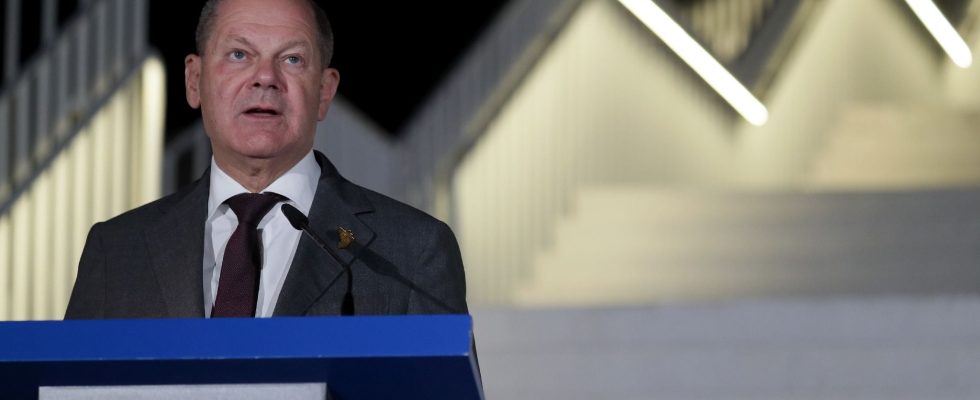Anger is brewing across the Rhine. The ball of demonstrations opened this Monday, January 8. And Germany saw thousands of tractors parade on its roads. In Berlin alone, 680 agricultural vehicles and some 1,300 people set out to block traffic routes.
The objective? Denounce the austerity plan of Olaf Scholz’s government. Last December, the German executive embarked on a slippery slope: reducing subsidies paid to the agricultural sector. But faced with the emerging protest movement, the coalition made up of social democrats, Greens and liberals is putting on the brakes, slowing down and backpedaling.
The tax advantage granted on the quantities of diesel consumed will thus be phased out gradually until 2026 and not all at once, as initially planned. The tax advantage on vehicles for forestry and agriculture is also not affected. But these compromises are not enough to put out the fire consuming the German countryside.
Towards an extension and enlargement
Rebelote, therefore. Germany is preparing to experience a new wave of protests. “The demonstrations will continue,” confirms the conservative newspaper Berliner Morgenpost citing sources close to demonstrators. And to specify: “The main agricultural union began by calling for a week of protest from January 8, and a large demonstration is planned in Berlin for January 15.” But the movement could continue beyond this date. And expand.
And for good reason, the farmers were not alone in the streets this Monday. According to the German tabloid Bild, butchers, bakers and other artisans are also demonstrating “against high tax charges, for example the lifting of the cap on electricity and gas prices and the increase in VAT (19%) in restaurants”. Train drivers have also called for a three-day strike starting on Wednesday, after negotiations on wages and working hours with public operator Deutsche Bahn (DB) failed, the GDL union announced on Sunday.
Contrary to a population which largely supports the demonstrators, the Minister of Finance Christian Lindner sharply criticized last Saturday 6 the form of the protests in a sector which he also considers already “highly subsidized” and denounced the blockade actions “disproportionate”. While urging farmers not to block ambulance routes, Social Democratic Interior Minister Nancy Faeser castigated “right-wing extremists who infiltrate demonstrations” in order to “attack the State and to defame certain political leaders”.
